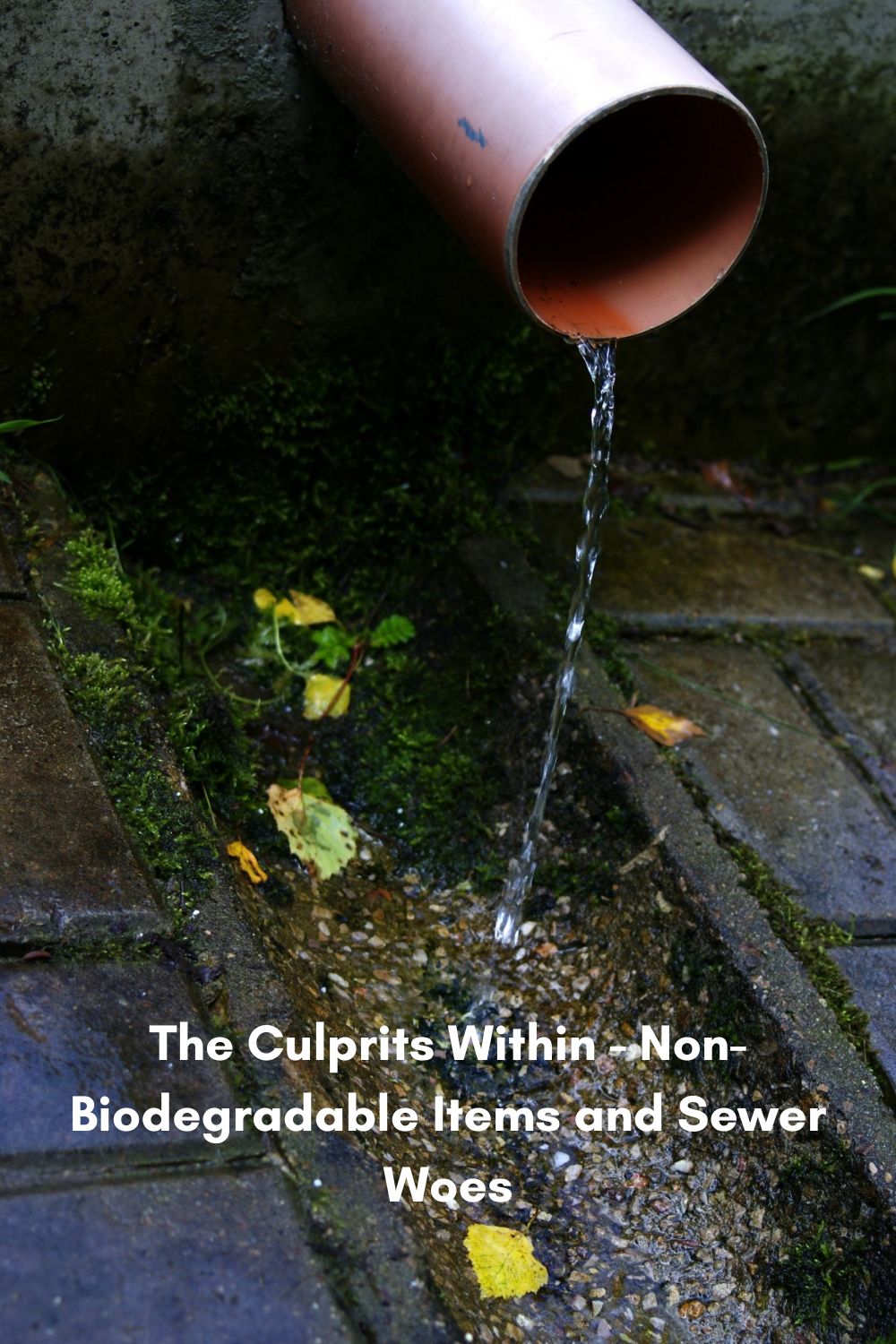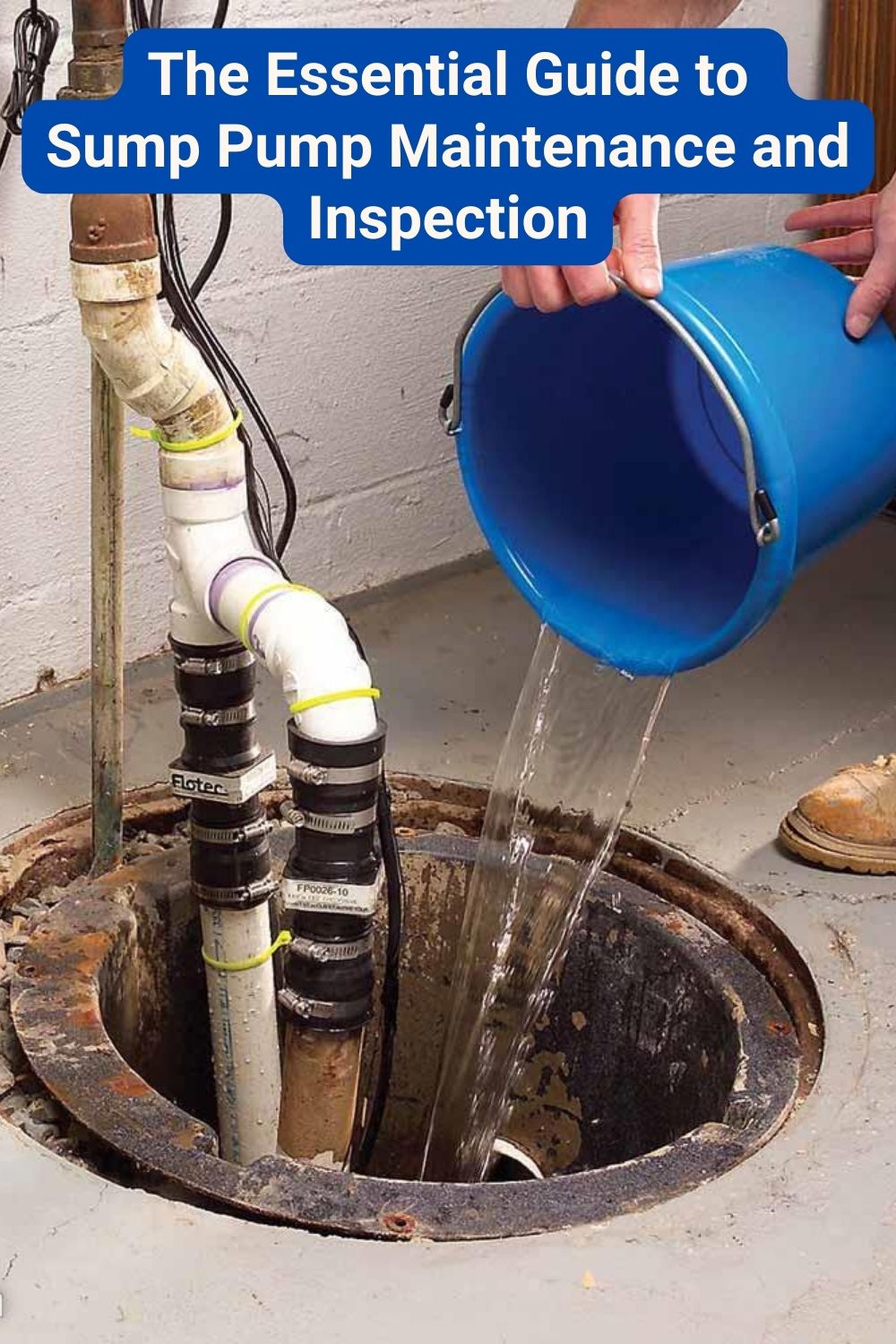Sewer problems can be a homeowner’s nightmare, and understanding the factors contributing to these issues is crucial for effective prevention. Many commonplace household items, seemingly harmless when disposed of, can threaten our sewer systems significantly. Non-biodegradables, the focus of this discussion, encompass materials that resist natural decomposition through biological processes. Despite their convenience in disposal, items like wet wipes, feminine products, paper towels, fats/oils/grease, medication, batteries, and more are resistant to breaking down in sewer pipes, leading to potential havoc over time.
When these non-biodegradables are flushed in large volumes, they strain sewer infrastructure and can ultimately clog it. Therefore, adopting responsible disposal methods becomes crucial.
The Dangers of Improper Disposal
Our homes’ sewer lines are intricately designed to efficiently handle three primary components – human waste, toilet paper, and wastewater from various household fixtures. Anything beyond these, no matter how small, poses a potential risk over time. Non-biodegradable materials, such as wet wipes, feminine products, dental floss, cooking grease, paper towels, and more, resist breaking down in sewer systems. Instead, they accumulate and combine with other debris, forming clogs and blockages. These severe blockages can lead to sewage backing into homes, contaminating local water sources, and requiring costly repairs. Repeated issues might even necessitate complete sewer line replacement. Clogs are inconvenient and unhealthy, providing an ideal breeding ground for bacteria. Therefore, proper disposal methods are integral to avoiding messy, expensive, and hazardous outcomes.
Common Signs of a Potential Sewage Backup
Several noticeable signs could indicate a developing backup requiring prompt action:
Slow draining sinks, showers, and toilets: Slow drainage suggests a blocked pipe unable to carry away water freely.
Unpleasant odors: Foul odors emerging from drains signify sewage not entirely exiting the system.
Multiple plumbing fixtures backing up simultaneously: Coordinated backups indicate a more significant underlying blockage.
Sewage backup in the basement or lowest point of the house: Debris overwhelms the system, finding the lowest outlet.
Lush patches in the yard or sinkholes: Burgeoning vegetation or collapsed earth may be locally fertilized by an underground sewage leak.
How to Address Potential Sewage Backup Issues:
Prompt action is necessary in case of any signs of sewage backup. Contacting a plumber, avoiding the use of affected fixtures, and having your lines inspected to identify and resolve the blockage are essential steps. Early intervention prevents further damage.
Protecting your Basement From Sewage Backup
Sewage infiltration poses threats to health, property, and the environment. Several preventative steps can be taken to safeguard residents:
Install backwater valves: These provide redundant blockage protection.
Grade yards for good drainage: Ensure proper drainage away from foundations.
Maintain plumbing: Regular maintenance allows for identifying and resolving issues in early, manageable stages.
Choose biodegradable alternatives: Whenever possible, opt for biodegradable alternatives. Many products, such as biodegradable wipes and environmentally friendly sanitary items, are available in the market. Making the switch can significantly reduce the impact on your sewer system.
Effective Solutions When Backup Occurs
If prevention efforts are overcome, handling the situation promptly is crucial:
Contact restoration specialists: If you suspect a sewer problem or experience warning signs like slow drainage, foul odors, or multiple fixture backups, seeking the assistance of sewer line repair experts who specialize in diagnosing and resolving sewer line issues efficiently is crucial. Timely intervention can save you from extensive damage and the hassle of a full-blown sewage backup.
Wear protective equipment: If handling the cleanup yourself, protective gear is essential.
Disinfect all affected areas and belongings after cleanup: Thorough cleaning and disinfection help eliminate bacteria and prevent the spread of diseases.
Take steps to prevent future incidents, such as installing additional backwater valves and regularly inspecting and maintaining your plumbing system.
Tips for Regularly Cleaning and Maintaining your Sewer System
Proactive maintenance is crucial in reducing blockage risks. Consider these practical tips:
Schedule regular inspections: Professional line inspections can identify potential issues before they escalate.
Invest in non-invasive hydrojetting: This method helps clear buildup without causing damage.
Pour enzyme cleaners down drains monthly: Enzyme cleaners break down organic matter and prevent clogs.
Regularly clear overflow drains and strainers: Preventative measures help maintain a healthy sewer system.
The Importance of Properly Disposing of Grease and Oil
Despite carefully handling other waste, sewers are still vulnerable if grease enters the equation. Grease spreads broadly as a liquid and then sets hard, gluing debris together in impassable clumps. To protect pipes:
# Never pour grease or oil down drains. Let it thicken in a sealed container, then discard it with household garbage.
# Use drain screens: Screens catch particles before they can advance further into the system.
# Educate sewer-serving establishments: Restaurants and stores can contribute to community education efforts to avoid grease-related issues.
Responsible Alternatives
# Shift the focus to more responsible disposal options for items that should not enter the sewer system
# Wet wipes, diapers, feminine products, dental floss, cotton balls/pads, and paper towels should be securely wrapped and thrown in the trash, not flushed.
# Cooking oils and grease should be poured into a sealable container and disposed of with household garbage once solidified.
# Medications should be taken to safe prescription drug drop-off locations rather than flushed. Many police stations have drop boxes.
# Hazardous Wastes like paint, chemicals, motor oil, batteries, light bulbs, etc., require particular disposal at approved facilities. Check your local waste management guidelines.
# Yard Waste like leaves, grass trimmings, and prunings can be composted if your city offers curbside composting pickup. Otherwise, bundle them for regular trash service.
Homeowners and communities can avoid drain-borne disasters through responsible management by understanding non-biodegradable threats and responding appropriately. Working together yields healthy households and sustainable infrastructure now and tomorrow. A mindful approach to what is flushable helps us avoid numerous problems resulting from improper disposal down our drains. Following these responsible disposal methods protects our sewer lines and water supplies. Though these methods require more effort, they ensure a sustainable and hazard-free environment.





Leave a Reply